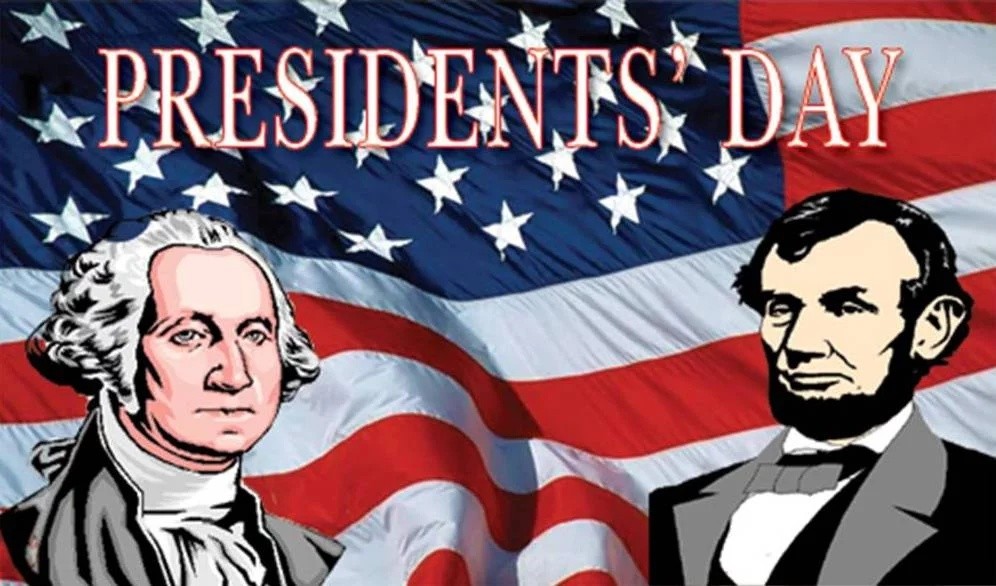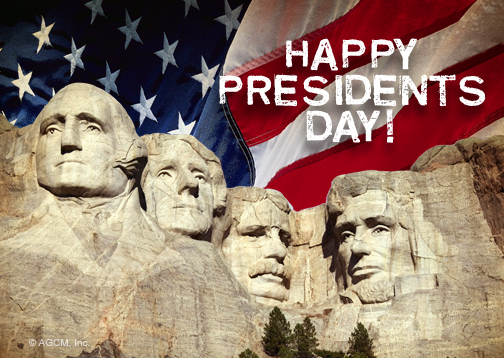Presidents Day: History, figures, Moments, How it affected the future and Everything To Know

Presidents Day: A Celebration of Leadership and Legacy
Every year on the third Monday of February, the United States celebrates Presidents Day. While often associated with barbecues and mattress sales, the holiday holds a deeper significance, honoring the legacies of presidents who shaped the nation’s history. Let’s delve into the historical backdrop, iconic figures, and lasting impact of Presidents Day:
History & Evolution:
- Roots in Washington’s Birthday: Initially established in 1885 to commemorate George Washington’s birthday, the holiday initially focused solely on the “Father of the Nation.”
- Expansion to Lincoln: In 1971, the Uniform Monday Holiday Act moved the celebration to a fixed Monday and included Abraham Lincoln’s birthday. Also recognizing his pivotal role in abolishing slavery and preserving the Union.
- Celebrating All Presidents: Over time, the holiday evolved into a broader celebration of all US presidents. Also acknowledging their diverse contributions and challenges faced.
Iconic Figures:
- George Washington: The first president, revered for his leadership during the Revolutionary War and establishing the foundations of the American government.
- Abraham Lincoln: The leader who navigated the Civil War. And led the nation towards abolishing slavery, preserving the Union, and also fostering national unity.
- Other Notable Presidents: From Thomas Jefferson’s expansion westward to Franklin D. Roosevelt’s leadership during the Great Depression and World War II, countless presidents left their mark on the nation’s trajectory.
Moments that Defined the Future:
- Emancipation Proclamation: Lincoln’s landmark declaration during the Civil War changed the course of history, paving the way for the abolition of slavery.
- Also Civil Rights Movement: Presidents like Lyndon B. Johnson played crucial roles in passing landmark legislation like the Civil Rights Act of 1964. And also Voting Rights Act of 1965, advancing equality and social justice.
- Cold War Leadership: Presidents like John F. Kennedy and Ronald Reagan navigated the complexities of the Cold War, shaping global alliances and influencing international relations.
Everything to Know:
- Beyond the Sales: While Presidents Day offers valuable retail opportunities. Its true significance lies in reflecting on the nation’s leadership history and learning from past experiences.
- Also Educational Resources: Numerous museums, libraries, and historical sites offer educational programs and exhibits celebrating past presidents and their legacies.
- Engaging Activities: Schools and communities organize events like mock elections, debates. And also historical reenactments to engage younger generations in learning about past presidents.
Presidents Day, beyond celebrating individuals, serves as a reminder of the ongoing journey of American democracy, with its triumphs, challenges, and also constant evolution. By commemorating the legacies of past leaders. we can gain valuable insights and inspire future generations to contribute to shaping a better future.
Further Exploration:
- Visit presidential libraries and museums: Immerse yourself in exhibits and artifacts showcasing the lives and achievements of different presidents.
- Engage in discussions: Explore the complexities of past presidencies and their impact on society with friends, family, or online communities.
- Research specific presidents: Dive deeper into the lives and leadership styles of presidents who pique your interest and learn from their actions.

